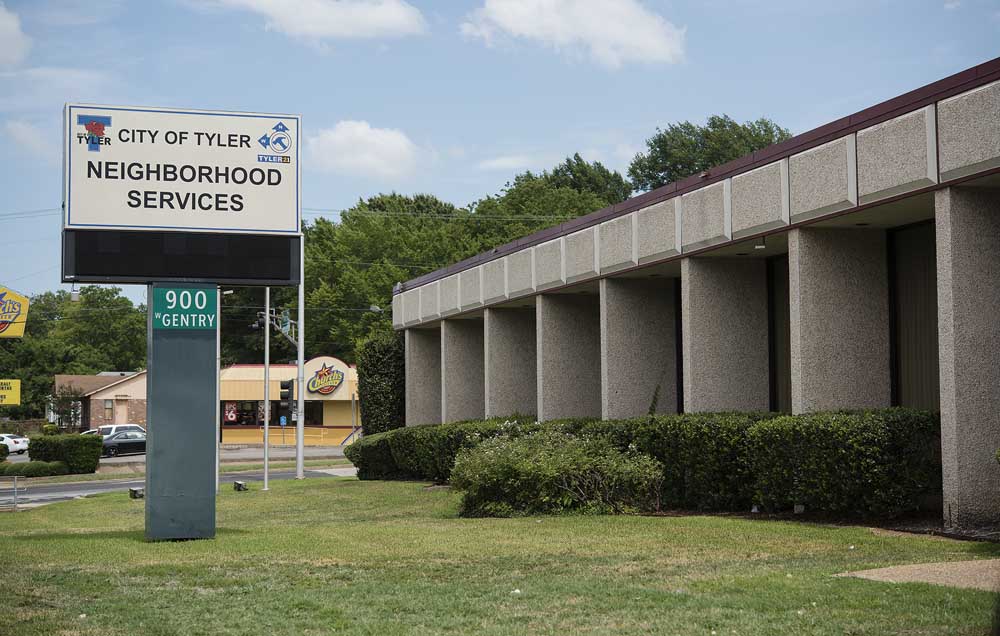Access granted: UT Health should be lauded for key research
Published 1:30 pm Wednesday, April 7, 2021

- Medicine doctor and robotics research and analysis. Diagnose checking coronavirus or covid-19 testing result with virtual screen in laboratory, Inhibition of disease outbreaks and Medical technology
Over the years, UT Health Science Center at Tyler has received major grants for research for lung and heart disease.
In the NET Health region, 47,806 residents of East Texas have had COVID-19. We have not learned what long-term damage takes place from having the virus, and some have had lingering lung issues.
Dr. Sreerama Shetty of the UT Health Science Center has led break-through research and cures for close to three decades.
He received a grant worth almost $300,000 to help learn more about an intervention therapy to treat a COVID-19-related lung disease.
The two-year grant for his team will allow them to research treatment methods for patients who have those lingering lung issues from COVID-19.
The reason this research is critical is patients who had COVID-19 have died from acute lung inflammation that led to alveolar damage and organ failure.
Shetty’s research identified a specific peptide, known as LTI-03 (also called CSP7), that stops alveolar epithelial cell lung injury, including ALI due to sepsis.
Shetty said, “We believe LTI-03 can mitigate ALI associated with COVID-19. Our research will test the efficacy of systemically and airway-delivered LTI-03 against alveolar epithelial cell damage and acute lung injury.”
The bottom line: His research could improve overall survival from those with the infection. And for those with breathing issues, the team is going to study “better effectiveness for airway inhalation using standard lung function, CT imaging, blood oxygenation, lung viral load, biochemical and histological markers and survival endpoints.”
Those who have not had COVID-19 could also benefit as the techniques could treat a form of pulmonary fibrosis. This scarring, primarily in adults 65 and older, has caused death in three to five years after a diagnosis.
This isn’t the first time Dr. Shetty and researchers at UT Health have been awarded major grants.
In 2013, Dr. Shetty and two other doctors received close to $1 million to fund studies in the areas of lung disease and blood clotting.
In 2014, Dr. Shetty received a two-year, $140,000 grant from the American Heart Association. Dr. Shetty was able to study how the body’s system to break up blood clots affects lung injury and the resulting scarring, called pulmonary fibrosis. His research helped understand the biological mechanism behind lung injury and repair.
The grants are not only awarded because of the research team, but the result of groundbreaking treatment and cures.
The research is not something in the public eye, but the results are. Tyler’s UT Health Science Center should be lauded for once again receiving a grant and trying to make a difference in East Texas and the nation.






